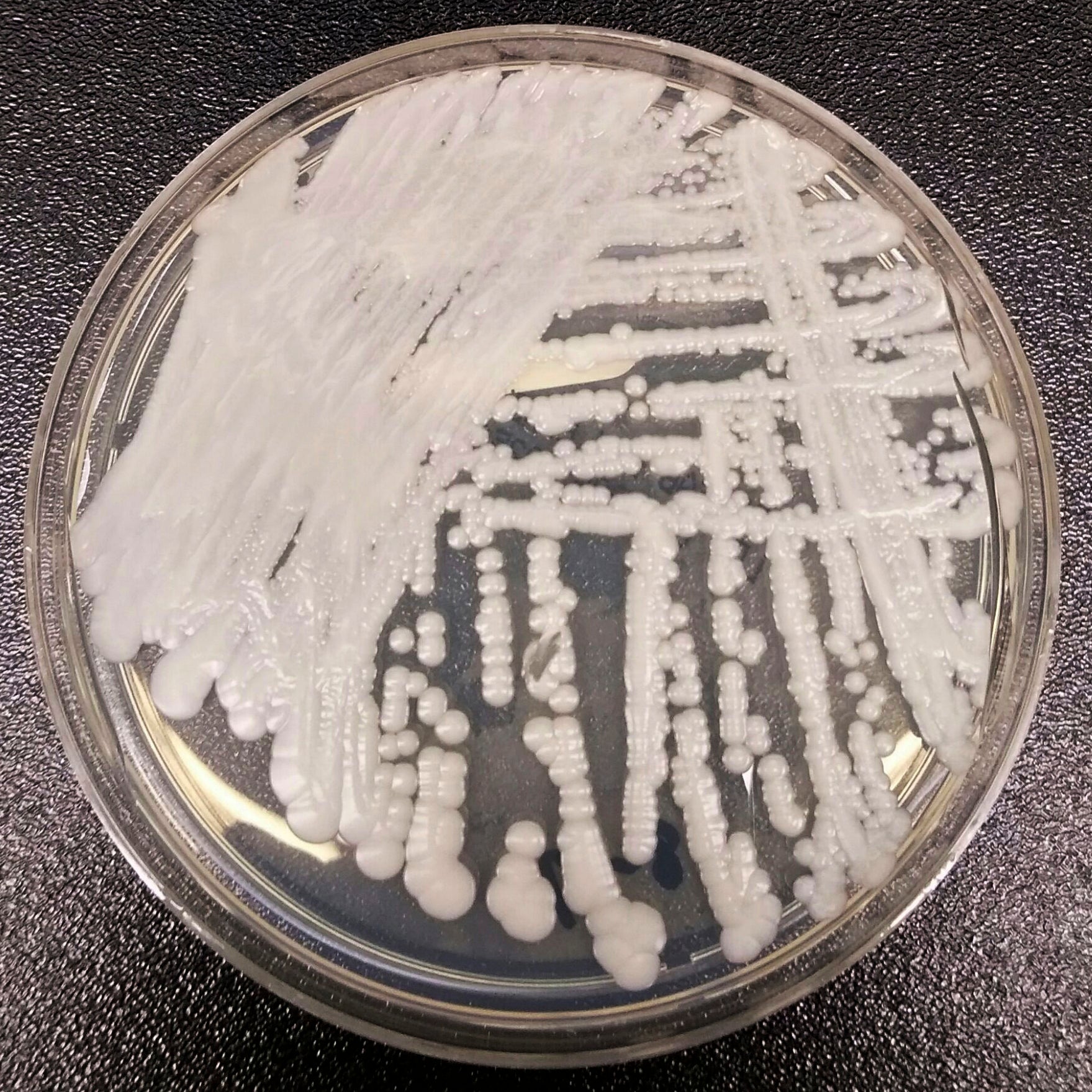'Superbug' fungus spread in two cities, health officials say
U.S. health officials say they now have evidence that an untreatable “superbug” fungus has spread in a few hospitals and nursing homes

Your support helps us to tell the story
From reproductive rights to climate change to Big Tech, The Independent is on the ground when the story is developing. Whether it's investigating the financials of Elon Musk's pro-Trump PAC or producing our latest documentary, 'The A Word', which shines a light on the American women fighting for reproductive rights, we know how important it is to parse out the facts from the messaging.
At such a critical moment in US history, we need reporters on the ground. Your donation allows us to keep sending journalists to speak to both sides of the story.
The Independent is trusted by Americans across the entire political spectrum. And unlike many other quality news outlets, we choose not to lock Americans out of our reporting and analysis with paywalls. We believe quality journalism should be available to everyone, paid for by those who can afford it.
Your support makes all the difference.U.S. health officials said Thursday they now have evidence of an untreatable fungus spreading in a few hospitals and nursing homes.
The “superbug” outbreaks were reported in a Washington, D.C, nursing home and at two Dallas-area hospitals, the Centers for Disease Control and Prevention reported. A handful of the patients had invasive fungal infections that were impervious to all three major classes of medications.
“This is really the first time we've started seeing clustering of resistance" in which patients seemed to be getting the infections from each other, said the CDC's Dr. Meghan Lyman.
The fungus, Candida auris, is a harmful form of yeast that is considered dangerous to hospital and nursing home patients with serious medical problems. It is most deadly when it enters the bloodstream, heart or brain. Outbreaks in health care facilities have been spurred when the fungus spread through patient contact or on contaminated surfaces.
Health officials have sounded alarms for years about the superbug after seeing infections in which commonly used drugs had little effect. In 2019, doctors diagnosed three cases in New York that were also resistant to a class of drugs, called echinocandins, that were considered a last line of defense.
In those cases, there was no evidence the infections had spread from patient to patient — scientists concluded the resistance to the drugs formed during treatment.
The new cases did spread, the CDC concluded.
In Washington, D.C., a cluster of 101 C. auris cases at a nursing home dedicated to very sick patients included three that were resistant to all three kinds of antifungal medications. A cluster of 22 in two Dallas-area hospitals included two with that level of resistance. The facilities weren't identified.
Those cases were seen from January to April. Of the five people who were fully resistant to treatment, three died — both Texas patients and one in Washington.
Lyman said both are ongoing outbreaks and that additional infections have been identified since April. But those added numbers were not reported.
Investigators reviewed medical records and found no evidence of previous antifungal use among the patients in those clusters. Health officials say that means they spread from person to person.
___
The Associated Press Health and Science Department receives support from the Howard Hughes Medical Institute’s Department of Science Education. The AP is solely responsible for all content.